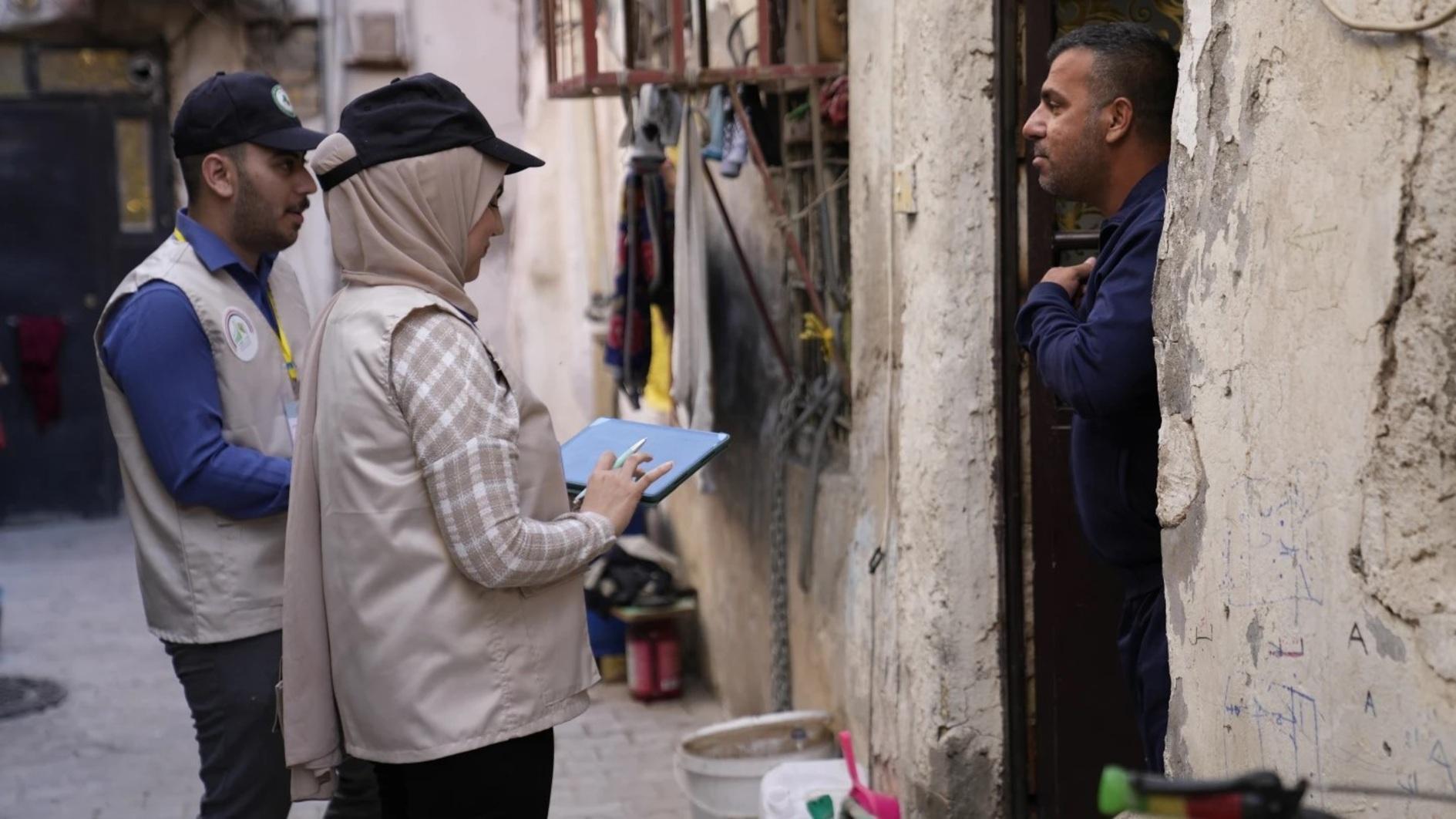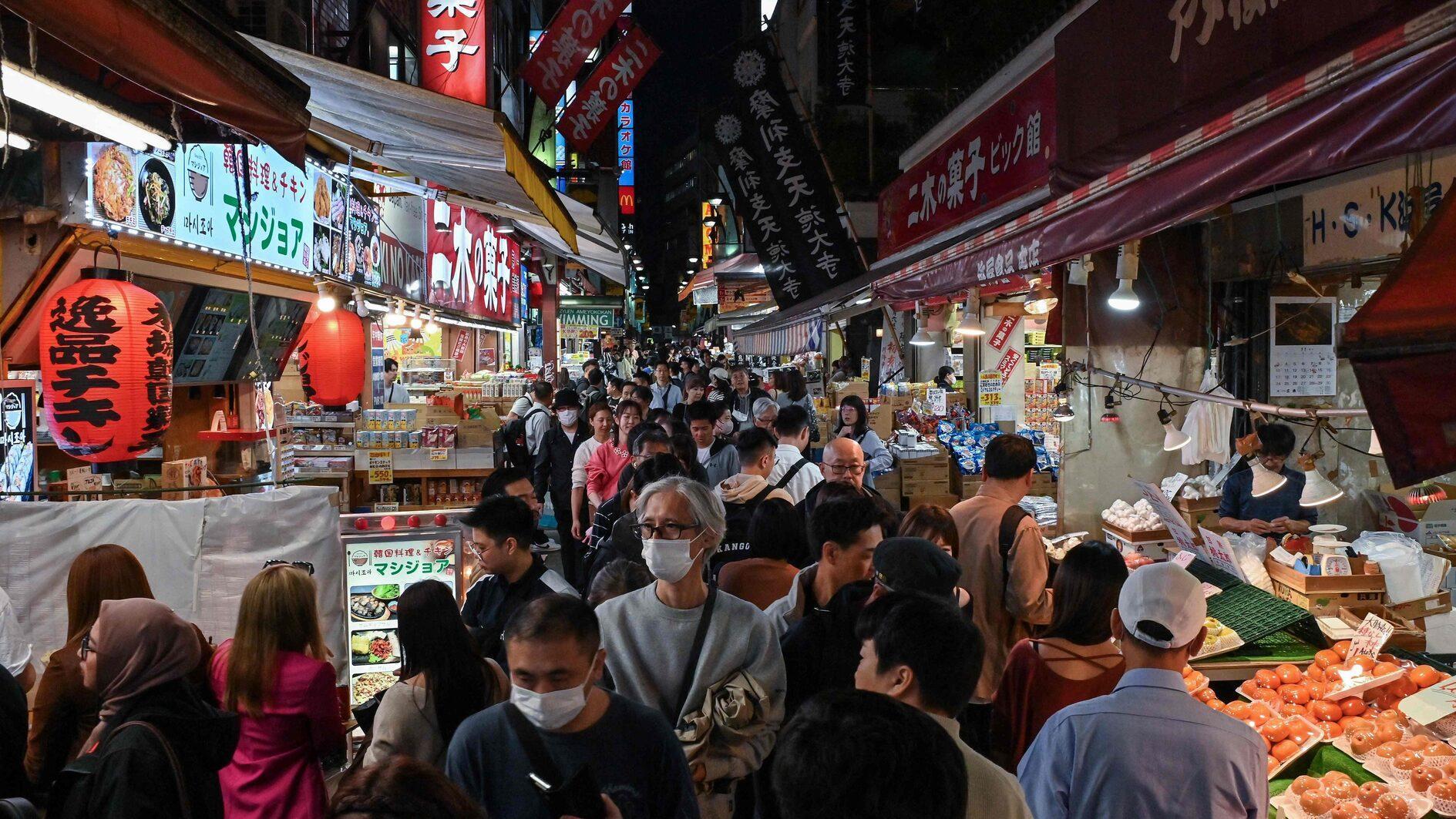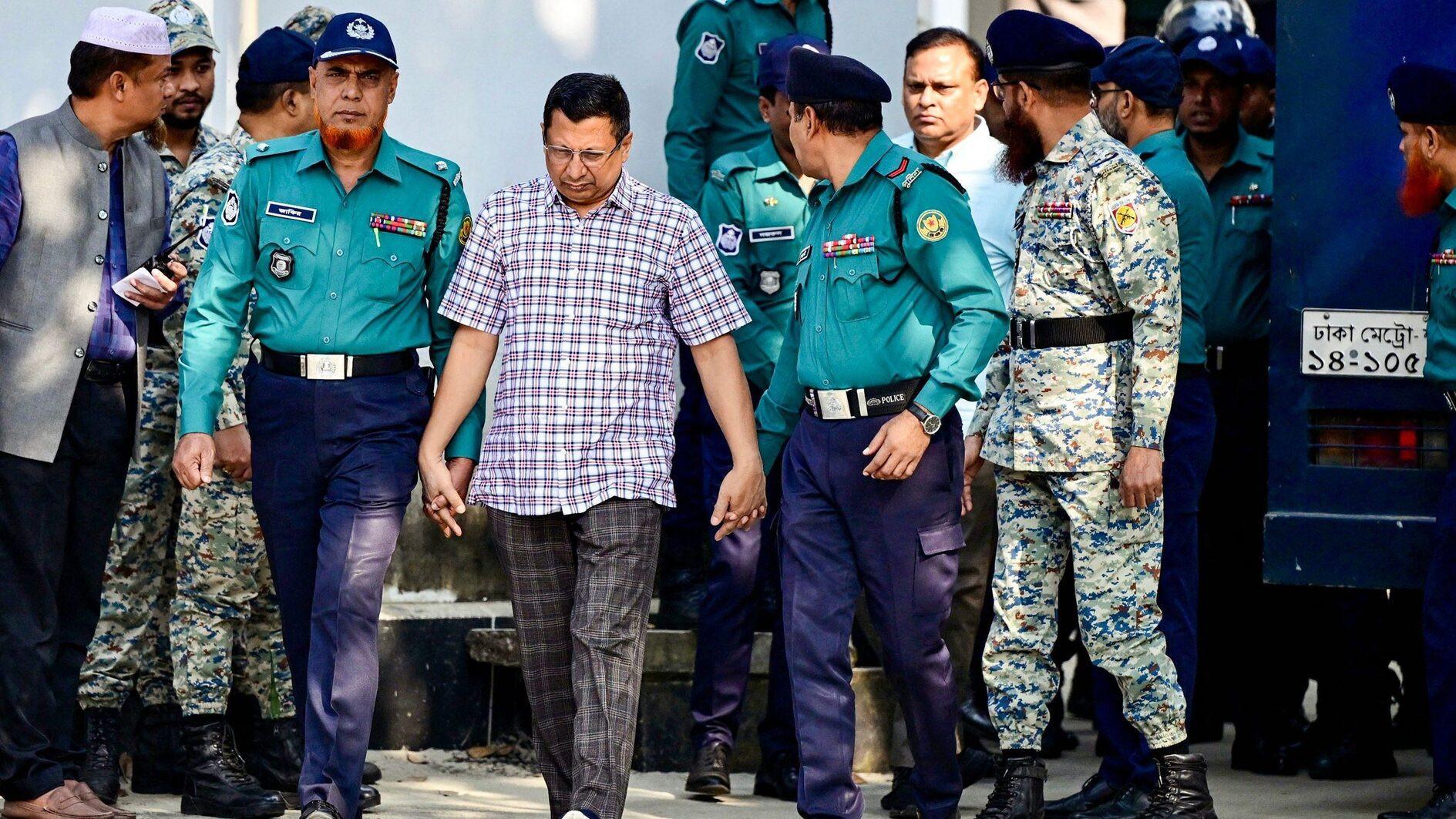Leaders warn of water conflict
Thailand - Agence France-Presse
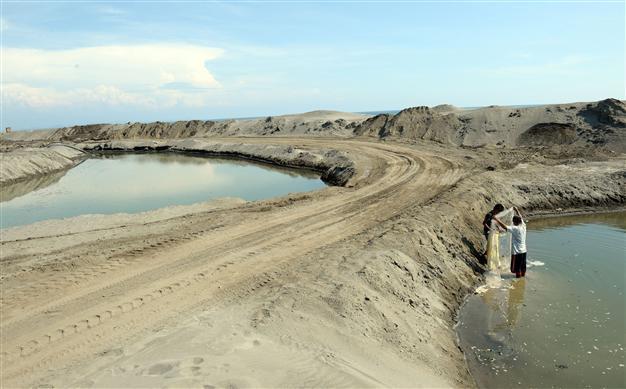
The leaders gathered to dicuss the water issues at the Asia-Pacific Water Summit in Thailand, which brought together about 1,300 participants from more than 40 countries in a series of seminars and forums. AFP photo
Fierce competition for water could trigger conflict unless nations cooperate to share the diminishing resource, leaders from Asia-Pacific nations warned yesterday.From Central to Southeast Asia, regional efforts to secure water have sparked tensions between neighbours reliant on rivers to sustain booming populations. Breakneck urbanisation, climate change and surging demand from agriculture have heaped pressure on scarce water supplies, while the majority of people in Asia-Pacific still lack access to safe water despite surging economic growth.
“There could be a fight over resources” unless countries agree to share water, Thailand’s Prime Minister Yingluck Shinawatra said in an address to a regional water security forum in the northern Thai city of Chiang Mai.
“No country in this region can handle these challenges alone,” she said, hailing forums such as the Asia-Pacific Water Summit as the route to satisfying countries’ thirst peacefully.
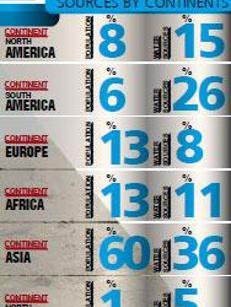 A Thai firm is behind a controversial dam over the Mekong river in Laos, a project decried by downstream countries Vietnam and Cambodia which fear it could ruin their farming and fishing industries. Asian nations need to plough an estimated $380 billion into water and sanitation systems in the decade to 2020 if they are to achieve water security, Brunei Sultan Hassanal Bolkiah warned the summit.
A Thai firm is behind a controversial dam over the Mekong river in Laos, a project decried by downstream countries Vietnam and Cambodia which fear it could ruin their farming and fishing industries. Asian nations need to plough an estimated $380 billion into water and sanitation systems in the decade to 2020 if they are to achieve water security, Brunei Sultan Hassanal Bolkiah warned the summit.The “vital undertaking” comes against a backdrop of competition that “could lead to international disputes”, he cautioned.
Several rows
One such row is between Uzebekistan and its neighbours Tajikistan and Kyrgyzstan which want to build two of the world’s biggest hydro-electric power stations.
Speaking at the conference on May 19, Tajik President Emomali Rakhmon defended his country’s right to exploit its natural resources but pledged to pursue a “peaceful solution” to the dispute which has seen angry rhetoric soar over recent months.
Bangladeshi Prime Minister Sheikh Hasina cited a water-sharing treaty between her nation and India over the Ganges river as an example of successful water diplomacy.
“Only judicious management of access to water resources” will prevent conflict, she said.
Low-lying Bangladesh has around 30 million people exposed to rising sea levels, she added.




